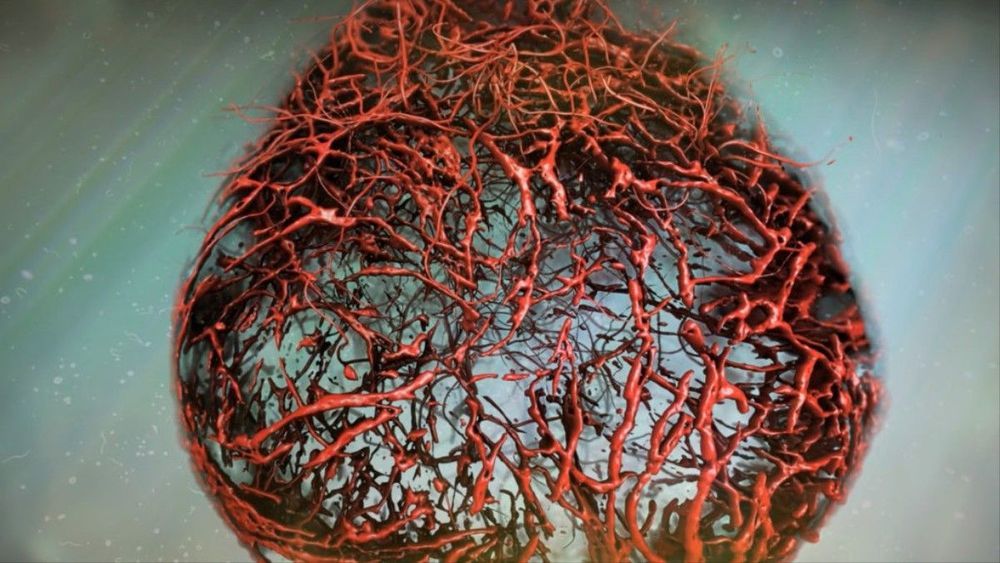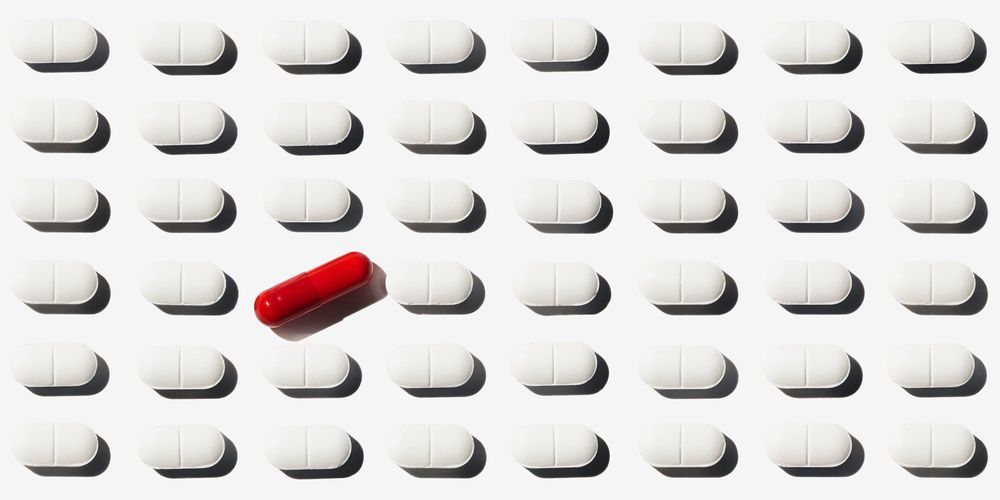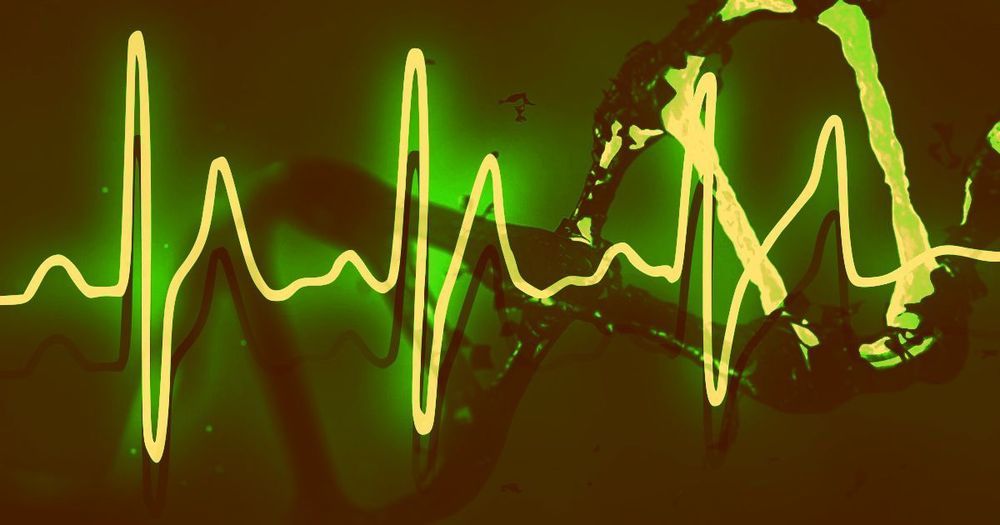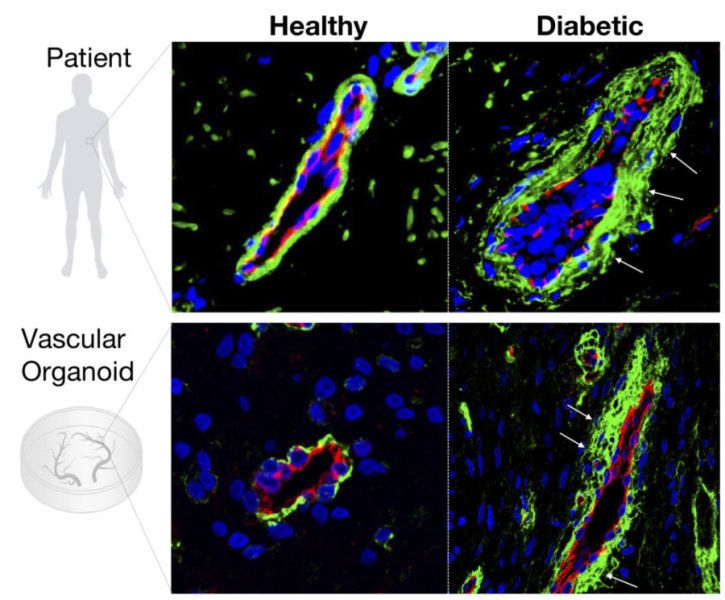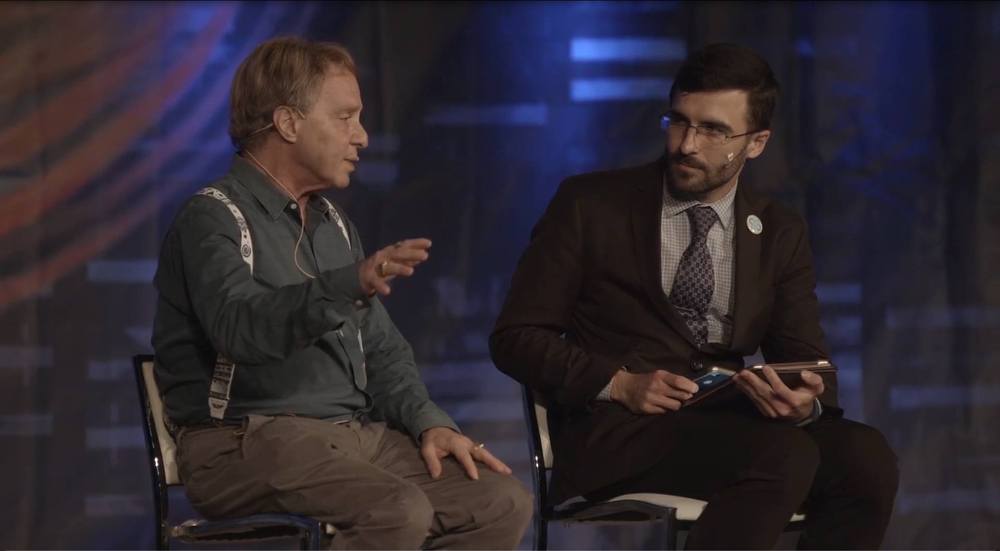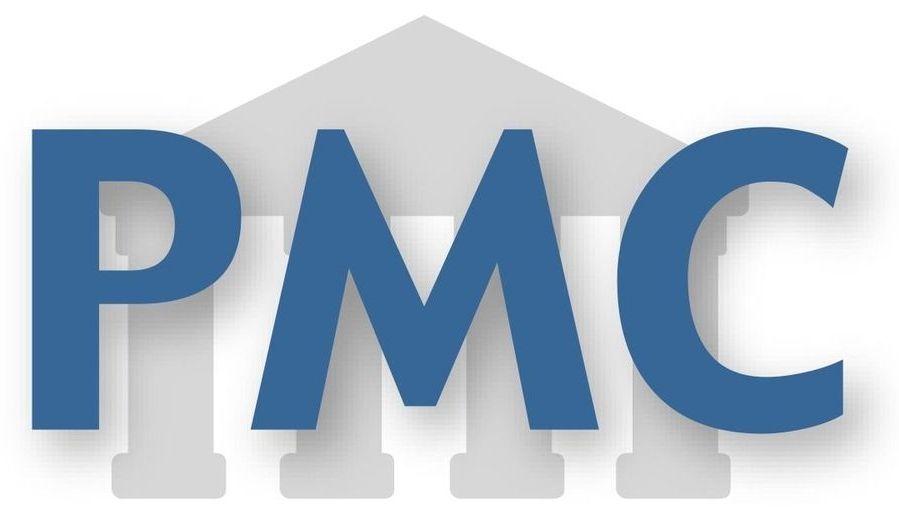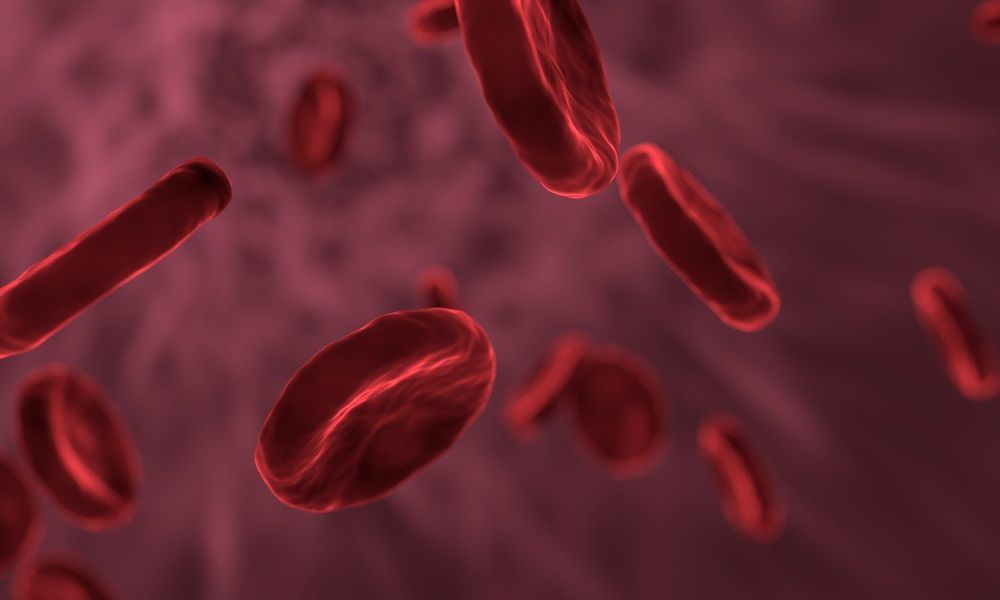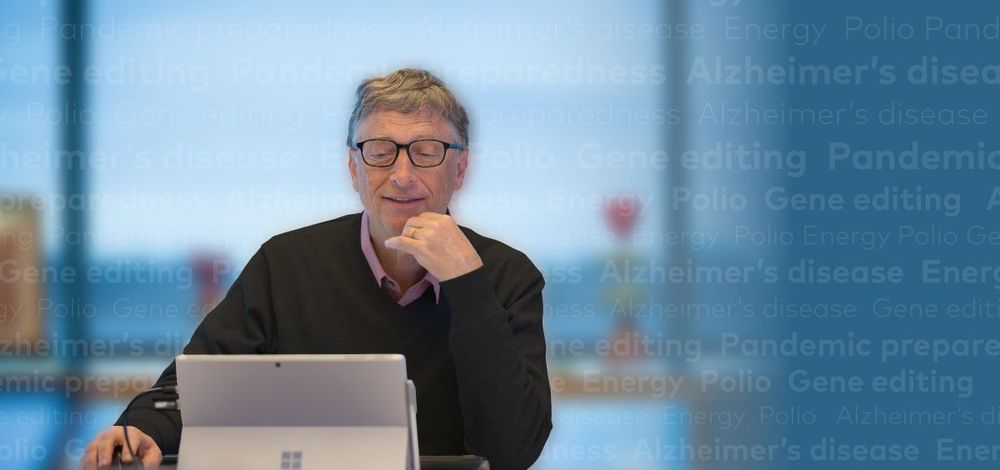Jan 16, 2019
Unintended side effects: antibiotic disruption of the gut microbiome dysregulates skeletal health
Posted by Xavier Rosseel in categories: biotech/medical, health
Microbes are often seen as pathogens that cause disease and antibiotics have been used successfully to combat these foreign invaders. In reality, the picture is more complex. Most of the time we live in harmony with our commensal gut microbiota, which is the collection of microorganisms colonizing the healthy gut. Commensal bacteria regulate host biological functions, including skeletal health. Researchers at the Medical University of South Carolina (MUSC) studying osteoimmunology, the interface of the skeletal and immune systems, have examined the impact of disrupting the healthy gut microbiome with antibiotics on post-pubertal skeletal development. Their results, published online on the January 16, 2019 in the American Journal of Pathology, showed that antibiotic disruption of the gut microbiota induced a pro-inflammatory response that led to increased activity of osteoclasts.
“This report introduces antibiotics as a critical exogenous modulator of gut microbiota osteoimmune response during post-pubertal skeletal development,” says Chad M. Novince, D.D.S., Ph.D., assistant professor in both the Colleges of Medicine and Dental Medicine who studies the impact of the microbiome on osteoimmunology and skeletal development. “People have shown that antibiotics perturb the microbiota, but this is the first known study evaluating how that has downstream effects on immune cells that regulate bone cells and the overall skeletal phenotype. This work brings the whole story together.”
The post-pubertal phase of development is a critical window of plasticity that supports the accrual of approximately 40 percent of our peak bone-mass. Recent work by the Novince lab and others has shown that the gut microbiota contributes to skeletal health. To determine the impact of antibiotic perturbation of the gut microbiota in post-pubertal skeletal development, Novince worked with team members at MUSC and treated mice with a cocktail of three antibiotics. In collaboration with microbiome scientist Alexander V. Alekseyenko, Ph.D., associate professor in the Biomedical Informatics Center and founding director of the MUSC Program for Human Microbiome Research, they were able to show that antibiotic treatment led to major alterations in the gut microbiota, resulting in specific changes to large groups of bacteria.

